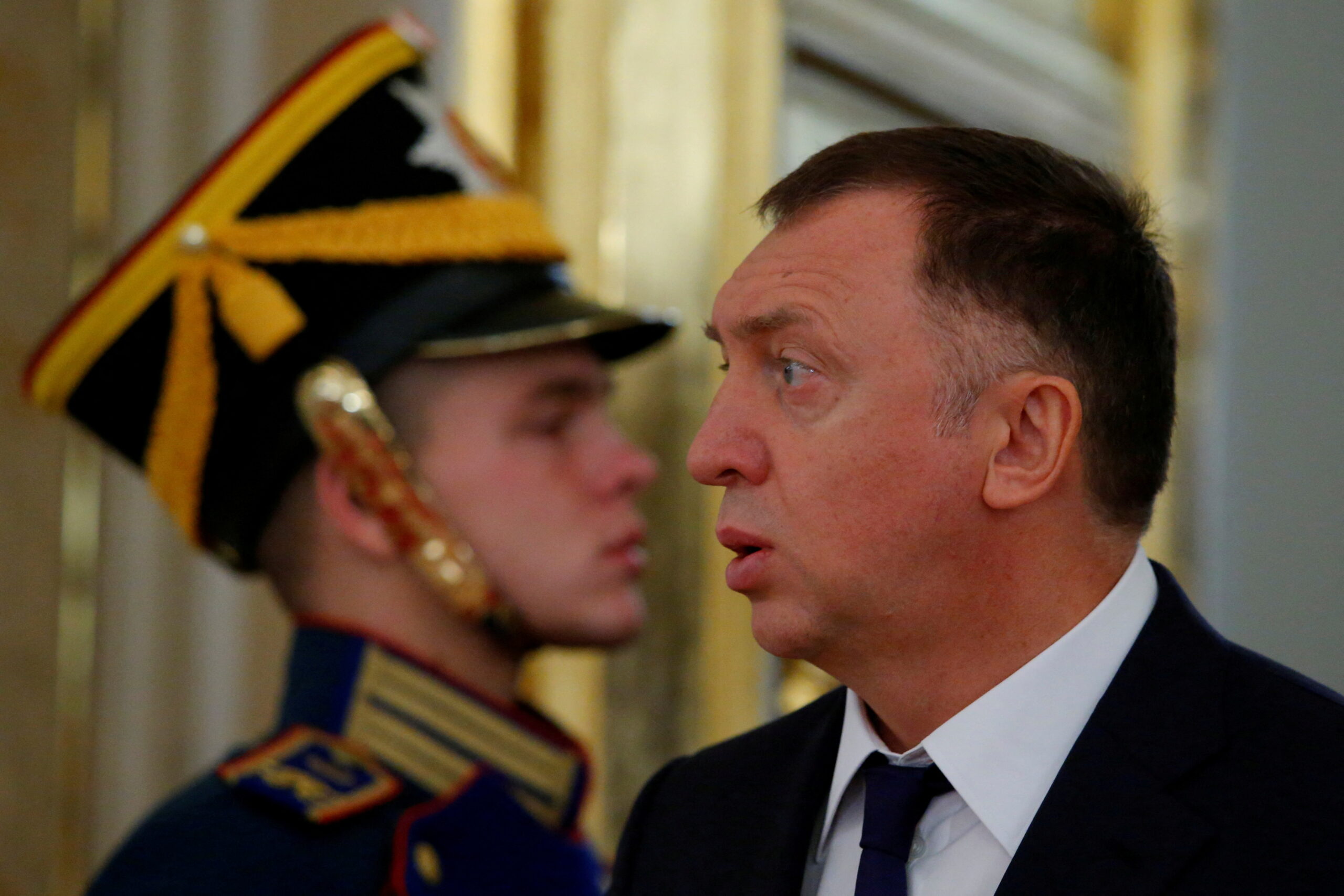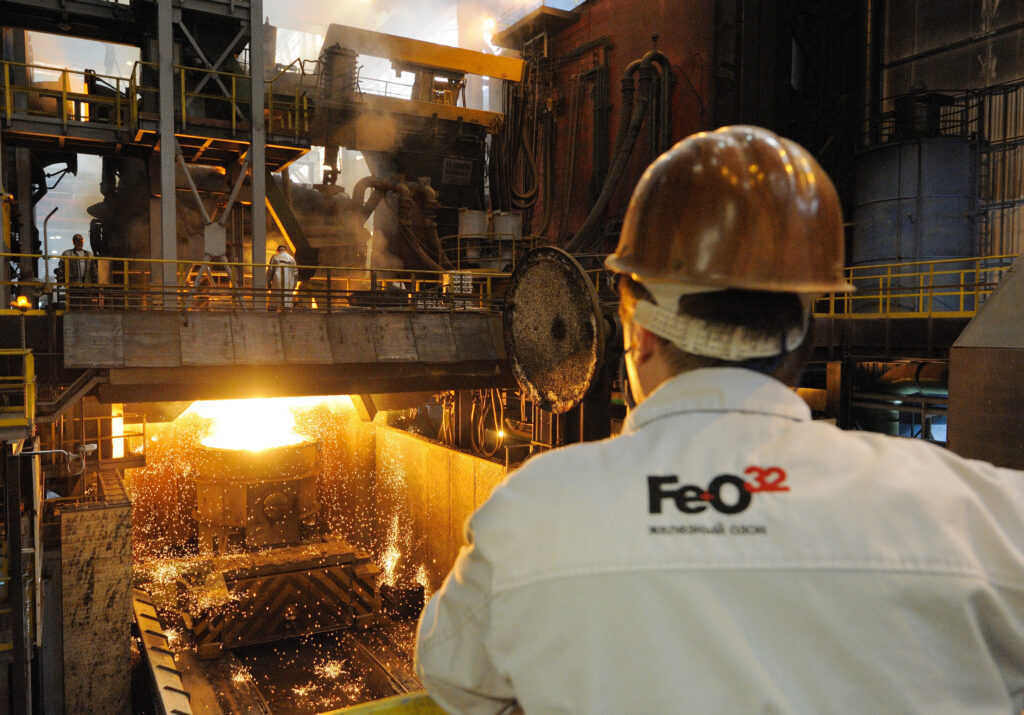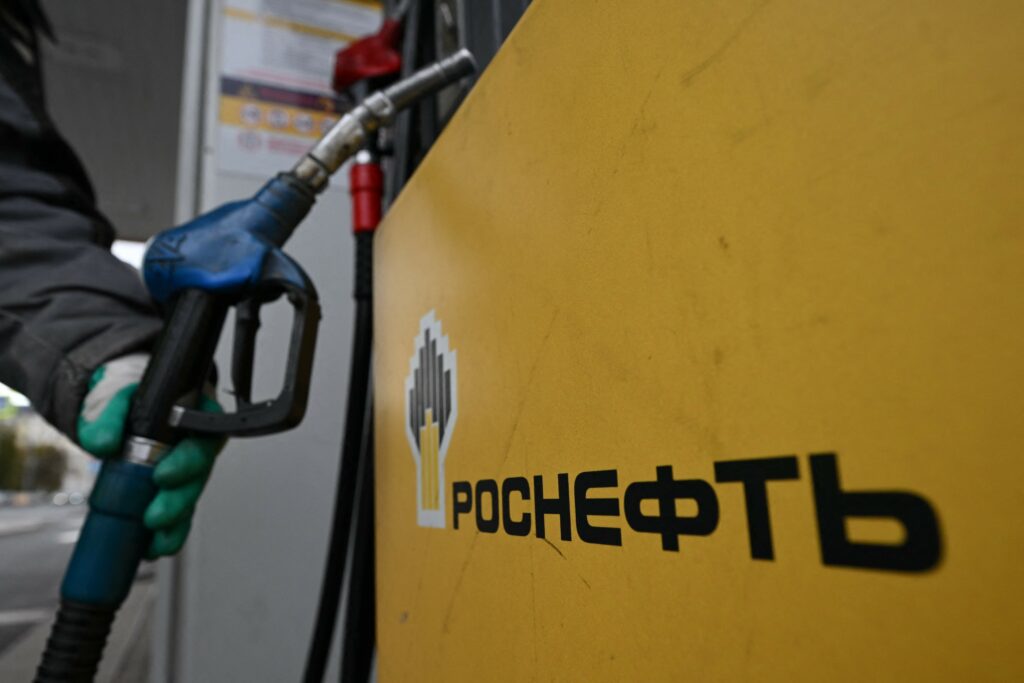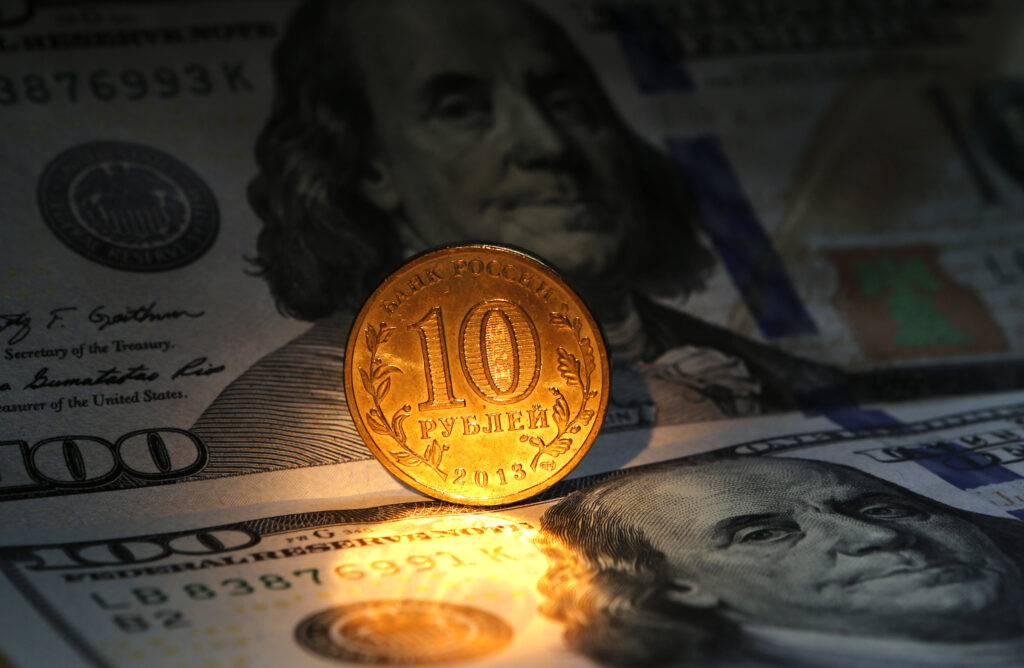Over 50 of Russia’s wealthiest individuals have been sanctioned by Western governments since the start of the war in February. Many of these had previously avoided featuring on sanctions lists by nodding along to the morals of Western investors while still swearing a quiet loyalty to the Kremlin. Yet once the tanks rolled in, the days of balancing acts were swiftly over: a cautious silence was no longer enough to save oligarch assets in the West.
Then again, if the aim of these sanctions was to prompt Russia’s wealthy elite to oppose the war, they cannot be called a success. Granted, some have come out with their strongest ever criticisms of Russia’s actions, but their comments are still strongly hedged and careful not to attribute any blame.
«This crisis will cost lives and damage two nations who have been brothers for hundreds of years,» said banker Mikhail Fridman, who grew up in the western Ukrainian city of Lviv. Fridman refrained from criticising Putin, however, saying that this could put his staff in Russia at risk.
Industrialist Oleg Deripaska took to Telegram when calling for a swift start to negotiations and writing that «Peace is very important!» And steel tycoon Alexey Mordashov, who regularly tops the Russian Forbes rich list, lamented that «Ukrainians and Russians are dying, people are suffering hardships, the economy is collapsing.»
The most unequivocal statements came from banker Oleg Tinkov, who asked «How can the army be good when everything else in the country is shit and mired in nepotism and servility?» He assured his Instagram followers that «we are against this war.» Tinkov told the Financial Times that the Kremlin subsequently forced him into a «fire sale» of his banking assets significantly below their market value. «Maybe now the Kremlin is going to kill me,» he added.
Tinkov’s case has been viewed by oligarchs as a warning against speaking out. Instead of risking the Kremlin’s wrath by taking a clearer position on the war, many have turned their attention to fighting their sanctions designations by any means possible. Over 20 Russian businessmen are suing the EU at the European Court of Justice in Luxembourg, hoping to prove that the evidence given for their inclusion on the sanctions list was insufficient. Legal experts say that the chances of having sanctions designations overturned are slim. Even if the plaintiffs succeed, this would be no guarantee of immunity — the EU could theoretically amend the case for sanctioning each individual and re-include them on the list.
Recently, oligarchs have seized on a new idea for ridding themselves of irksome asset freezes. A handful of them have tried to cut deals with Western administrations, offering to re-structure companies, dissociate themselves from sanctioned entities, and even relinquish a portion of their frozen assets in order to regain access to what remains.
Quid pro dough
Mikhail Fridman, who amassed much of his $ 13bn fortune in the Russian banking sector, provides an interesting case study. Through his Ukrainian descent and his extensive business interests he is more closely involved with Ukraine than most other Russian oligarchs.
Reports have emerged in English-language media that Fridman offered to transfer $ 1 billion to a Ukrainian bank he co-founded to finance infrastructure, healthcare, and energy projects in Ukraine. The Wall Street Journal reports that the move is intended to persuade the UK to lift sanctions against Fridman.
The chairman of the supervisory board of Alfa-Bank Ukraine, Roman Shpek, is quoted by the WSJ as saying that the bank had sent its proposal to the National Bank of Ukraine in June. He added that Alfa-Bank Ukraine had already petitioned the Council of Europe for dispensation to transfer money from Fridman’s European accounts to Ukraine.
«The bank would like, as one of the biggest private, systemic banks in Ukraine, to be an active player in recovering the Ukrainian economy after the war,» Mr Shpek said.
Ukraine has been open to a plan to recapitalise the bank, but rejected the idea of a donation towards the reconstruction of Ukraine as a quid pro quo to lift sanctions, according to sources cited by the Financial Times.
Steel tycoon Alexey Mordashov is also reportedly hoping to reach a sanctions relief deal — this time from the US. The Wall Street Journal claims he has tasked his advisors with drawing up plans for changing the ownership structure of his sanctioned companies.
One potential version of the proposed agreement could see Mordashov transfer half of his stakes in major metals manufacturers Severstal PAO and Nord Gold PLC to trusts — any profits from them would go to the UN. It is not clarified which UN operations would benefit.
The other half of Mr Mordashov’s stakes would be kept in an offshore trust;independent trustees would oversee it until sanctions are lifted, when they can be returned to Mr Mordashov’s ownership.
Such a deal could allow the UN to gain around $ 1 billion while easing pressures on global commodities markets. It would also allow his companies to operate unimpeded by sanctions, which are currently having an adverse impact on sales volumes in Europe and around the world.
For Mr Mordashov, the potential benefits are obvious: it would provide him with the means to reclaim a degree of control over his companies if and when that becomes politically palatable to the USA.
In the case of most oligarchs, major chunks of their assets are locked in the West. Data from the National Bureau of Economic Research estimates that as much as 60% of Russia’s wealth is kept offshore, much of it in complex corporate structures designed to hide the identity of the ultimate beneficial owner (UBO).
It is thus hard to calculate the exact value of oligarchs’ offshore assets. The more important factor for Russians subject to sanctions, however, is that an asset freeze complicates life in the West.
According to Forbes Russia, 44 of the country’s 200 wealthiest businessmen live permanently abroad. Many more live outside of Russia for much of the year and send their children to school in Europe, the UK, or the USA.
Those who do not face travel bans are confronted with a choice between a life in the West without access to most of their wealth or a return to Russia, where they can spend their riches freely — though at the cost of more theatrical displays of obeisance to Putin like the one which took place in the Kremlin on 24 February as Russian troops poured into Ukraine.
The choices are to live (comparatively) modestly abroad, return to Russia and further compound their complicity with the Kremlin, or stand up to the regime and brave the consequences.
Other routes for oligarchs to unlock their frozen assets are scarce. Some are perhaps hoping that endearing themselves to Western governments and winning the support of public opinion will eventually lead to sanctions being reversed. A story which surfaced recently about Roman Abramovich providing freed British prisoners of war with iPhones to call home springs to mind as a possible illustration of this strategy.
The notion of a fourth option, involving recovering much of their offshore wealth without taking a clear stance on the war, is therefore one which many oligarchs will surely be keen to pursue.
(Morally?) bankrupt
Dubious as the notion of striking a deal with the beneficiaries of Putin’s regime may seem, it could serve some useful functions for Ukraine. Not least that of fundraising. The World Bank and Government of Ukraine estimate that reconstruction after the war will cost at least $ 349 billion, and that figure is set to grow as the war rages on — a point which was hammered home by a recent missile strike on a dam in Zelensky’s hometown of Kryvyi Rih.
As early as May, Ukrainian prosecutors claimed to have confiscated at least $ 1.1bn from Russian oligarchs. By having them donate their wealth to the national reconstruction effort, Ukraine could put frozen assets to use without trampling property rights. At the same time, the cooperation of sanctioned individuals implies their recognition of the penalties against them, bolstering the credibility of the sanctions regime.
Ukrainian officials are considering setting up a fund to which sanctioned Russians could transfer money, according to sources cited by the WSJ. The proceeds would then be used for the benefit of Ukraine, although not necessarily in return for sanctions relief.
In addition to direct donations, Russian oligarchs and their companies could stop collecting debts from Ukraine and Ukrainian entities, or they could set up or help charities which support Ukrainian refugees.
The PR boon resulting from the cooperation of Russian oligarchs with Ukraine would also be significant. By publicly winning the backing of Russia’s wealthiest individuals, Ukraine could simultaneously dismantle the myth that Putin enjoys total support among Russians and counterpose its own openness and willingness to lead broad coalitions with the Kremlin’s hermetic fragility.
Western jurisdictions may well be taking these offers seriously. A similar idea was mooted by Canadian Deputy Prime Minister Chrystia Freeland at a meeting of G7 Finance Ministers in May. She proposed that wealthy Russians could pay a lump sum to have sanctions lifted, suggesting that the proceeds could go towards rebuilding war-damaged towns in Ukraine.
Such deals would of course be contentious, both to the Ukrainian public and at home in Russia. For the Ukrainian administration to concern itself with the provision of indulgences for fantastically wealthy Russians who won’t denounce a bloody war they helped create would seem perverse. Then there is the question of selling the deals to the Kremlin: if Tinkov’s denunciation of the war came with a financial penalty, it is unlikely that cooperating with the Ukrainian government would be welcomed.
Even so, an anonymous Russian businessman quoted by the FT maintained that recriminations in Russia would pose no obstacle. «If you had a rule that they give up 50 per cent [of their wealth] to support Ukraine and they keep the other 50 per cent, every single one of them would come running,» he said. «Putin can only offer them something in the future. All they want is to get back the money they had and lost now.»
Only one Russian tycoon has ever been successful in getting sanctions lifted without resorting to court action. In 2019, Donald Trump’s administration lifted sanctions on metals companies EN+ Group and Rusal and utilities company EuroSibEnergo after it was satisfied that they were no longer controlled by Oleg Deripaska. Deripaska reduced his shareholding stake and ensured that a majority of directors at both metals companies were independent.
He also allowed the US Treasury «unprecedented transparency into their operations by undertaking extensive, ongoing auditing, certification, and reporting requirements,» according to a statement by the Treasury.
The price of aluminium fell by 4% quarter-on-quarter in early 2019 after the deal with Rusal (the world’s second largest aluminium producer at the time) was announced. This highlights another advantage of the proposed sanctions buyout deals: they could help relax pressures on commodities markets; these have climbed to eye-watering highs amid the war in Ukraine and rampant inflation in developed markets.
For all the potential virtues of a sanctions buyout mechanism, however, it will never float without the support of Ukraine.
«Ukraine is not using sanctions as a bargaining tool. This is a matter of principle,» Rostislav Shurma, deputy head of Zelensky’s office, told the FT. «The main goal of sanctions is to stop the war, not find some conditions to agree to lift them.»
And this is precisely the point which oligarchs campaigning to salvage their fortunes appear to have overlooked: clemency from sanctions can only come from the direction of Ukraine. Although sanctions are imposed by the EU, US and their allies, their purpose is to dent the superstructure of patronage and cronyism which enables the war in Ukraine. Sanctions relief under any conditions other than the emphatic disavowal of the Russian invasion would not serve that goal.
As for Fridman’s offer, reports in the media say that President Zelensky will only agree to lift sanctions if he denounces Putin and the war in no uncertain terms and tears up his Russian passport. Your move, Mr Fridman.










